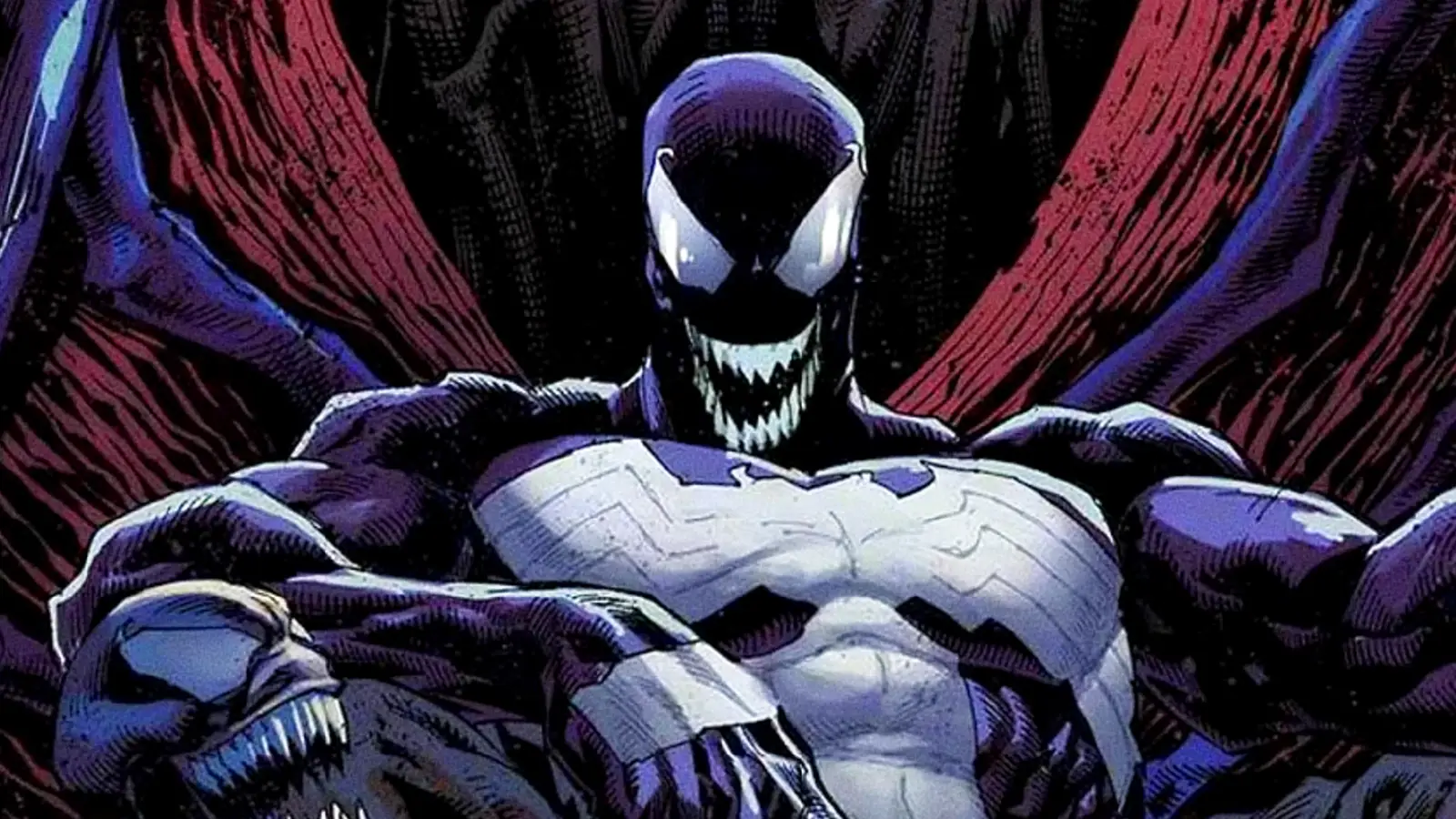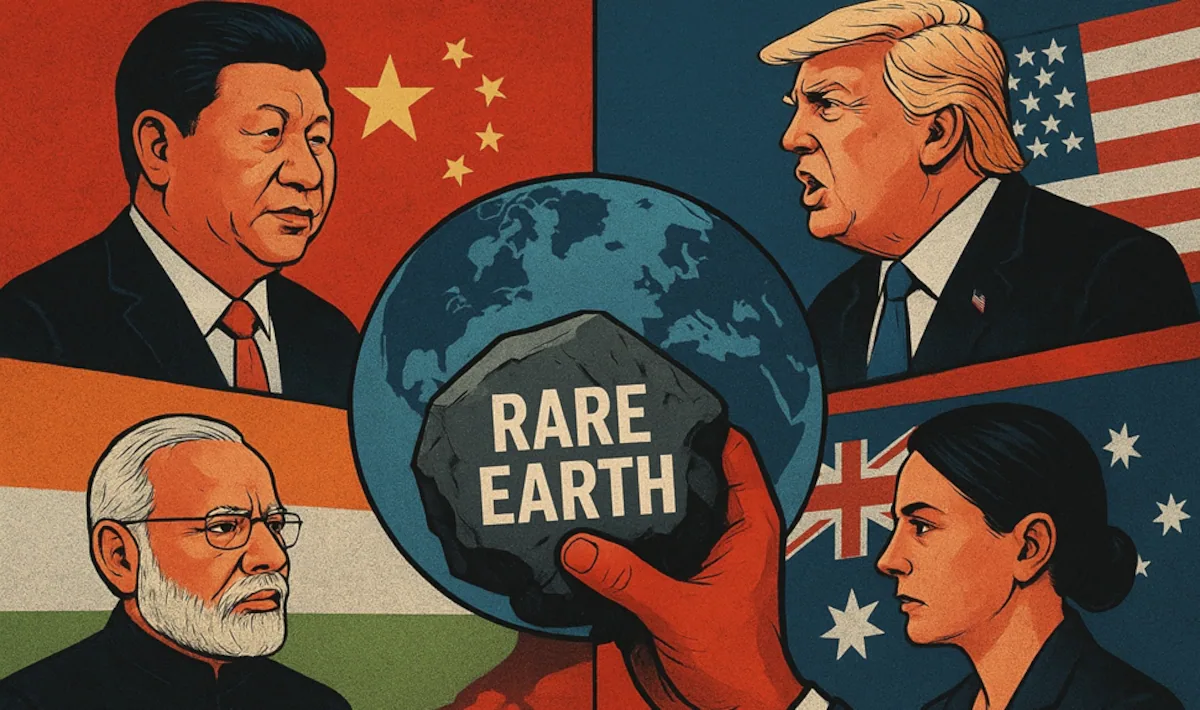Copyright Screen Rant

Unfortunately, some Marvel comic storylines may never be adapted to live-action accurately. Marvel Comics has produced countless iconic arcs and crossover events over the decades, many of which have redefined the superhero genre and set new standards for large-scale storytelling. But despite the MCU's willingness to draw from the comics, there are still many Marvel events that remain untouched. MCU adaptations of iconic comic book events like Avengers: Infinity War, Captain America: Civil War, and Captain America: The Winter Soldier have captured the essence of their comic counterparts. Meanwhile, others have been watered down or ignored entirely. While there's a chance Marvel Studios might venture into truly uncharted territory, some comic book storylines may never make it to live-action. 10 Ultimate Invasion (2023) Written by Jonathan Hickman; Art by Bryan Hitch Ultimate Invasion sees the Maker reshape reality and rewrite history to create his own perfect world. The story reintroduces the Ultimate Universe with new versions of classic heroes like Iron Man and Spider-Man, and it establishes Earth-6160, the main setting of Marvel's Second Ultimate timeline. In it, several characters receive orders directly from the Maker, condemning the universe to a dark future. Ultimate Invasion is virtually impossible for the MCU to adapt. Marvel Studios is already concluding its Multiverse Saga with Avengers: Doomsday and Secret Wars. Doomsday appears to be tackling a fully original plot, while Secret Wars will likely draw heavy inspiration from Marvel's eponymous crossover events. The MCU also lacks a distinct Ultimate Universe equivalent to mirror this comic’s premise. Once the Multiverse Saga ends, Marvel will likely shift focus away from alternate realities. 9 Superior Spider-Man (2013–2014) Written by Dan Slott; Art by Ryan Stegman and Humberto Ramos Superior Spider-Man is one of the boldest Spider-Man stories ever told, in which Doctor Octopus cheats death by swapping minds with Peter Parker, becoming Spider-Man himself. Though initially arrogant and brutal, Otto eventually grows into a more efficient, if morally questionable, superhero. Superior Spider-Man explores what makes Peter Parker truly heroic and shows how even a villain like Doc Ock can learn to be a hero. Unfortunately, Superior Spider-Man is practically off-bounds for the MCU. Sony owns the movie rights to Doctor Octopus, and Alfred Molina’s return in Spider-Man: No Way Home suggests Marvel Studios isn't introducing a new adaptation of the character anytime soon. For the MCU to faithfully adapt Superior Spider-Man, it would need to reintroduce a new Otto Octavius, establish a relationship with Peter over multiple films, and then risk alienating audiences with a Spider-Man who isn’t Peter Parker. 8 Planet Hulk (2006–2007) Written by Greg Pak; Art by Carlo Pagulayan and Aaron Lopresti In Planet Hulk, the Illuminati exile the Hulk into space after deeming him too dangerous for Earth. Hulk crash-lands on the gladiatorial world of Sakaar, where he rises from enslaved warrior to revolutionary leader and ultimately conquers the planet. As MCU fans know, Thor: Ragnarok adapts Planet Hulk mostly off-screen, with Hulk's gladiator story coming to an end as Thor arrives on Sakaar. While the MCU technically adapted Planet Hulk into Hulk's MCU story, only a few of the storyline's elements made it to live-action. Hulk's rise to power in Sakaar, his defeat of the Red King, his wife Caiera, and the Green Scar persona were all lost in translation. Although Skaar’s debut in She-Hulk: Attorney at Law suggests Sakaar may be revisited, Marvel Studios is unlikely to retread old ground in a proper Planet Hulk movie. 7 Demon In A Bottle (1979) Written by David Michelinie and Bob Layton; Art by John Romita Jr. and Bob Layton Demon in a Bottle is famously known as Iron Man's defining arc. After corporate sabotage, armor malfunctions, and public humiliation drive him to the edge, Stark’s dependence on alcohol spirals out of control. Instead of a supervillain, Iron Man confronts the darkest parts of himself without the help of his technology or his allies. The MCU drew some inspiration from Demon in a Bottle in Iron Man's early MCU appearances, but Marvel Studios softened the material considerably. The comic’s raw portrayal of addiction and emotional collapse doesn’t fit neatly within the MCU’s tone or its appeal to younger audiences. Addressing Tony’s alcoholism as a central theme would risk alienating moviegoers and jeopardizing Marvel’s family-friendly brand, even in an eventual reboot. 6 King In Black (2020–2021) Written by Donny Cates; Art by Ryan Stegman King in Black centers on Knull, the dark god of the symbiotes, who invades Earth with an army of living darkness. One of Marvel Comics' contemporary classics, King in Black unites nearly every Marvel hero, from Spider-Man and the Avengers to the X-Men, against a near-unstoppable cosmic force that pushes Eddie Brock and Venom to their ultimate evolution. Like Superior Spider-Man, King in Black is a logistical nightmare to adapt. Sony owns the movie rights to Venom, Knull, and the entire symbiote mythos, meaning that a true Avengers-level crossover is impossible under current deals. While Venom: The Last Dance teased a symbiote apocalypse under Knull, the critical and commercial failure of Sony’s Spider-Man Universe makes a proper adaptation unlikely. 5 The Dark Phoenix Saga (1980) Written by Chris Claremont; Art by John Byrne The Dark Phoenix Saga is one of Marvel’s most legendary X-Men storylines. It chronicles Jean Grey’s transformation from a beloved hero into the all-powerful, cosmic Phoenix, leading to her death. Written by Chris Claremont and illustrated by John Byrne, The Dark Phoenix Saga cemented the X-Men as a fan-favorite Marvel property. The Dark Phoenix Saga has already been adapted twice in live-action by Fox, both times to disappointing results. After two high-profile failures, Marvel Studios may avoid retelling it, especially since Wanda Maximoff’s MCU arc has already explored similar territory with more success. Instead of reducing Jean Grey to a single storyline, the MCU’s upcoming X-Men reboot may explore other aspects of the character. 4 Infinity (2013) Written by Jonathan Hickman; Art by Jim Cheung, Jerome Opeña, and Dustin Weaver Jonathan Hickman’s Infinity is a sweeping cosmic epic set under the background of multiversal collapse. It follows the Avengers as they join the Galactic Council to battle the ancient race known as the Builders, while Thanos simultaneously launches a brutal attack. Infinity presents a full-scale war that involves dozens of famous and obscure characters, including the Kree, the Skrulls, and the Shi'ar. It's precisely because the MCU already drew inspiration from Infinity for Avengers: Infinity War that the 2013 comic book storyline may never be adapted faithfully on the big screen. Key components like the Builders, the Galactic Council, the Inhumans, and incursions don't play a role in Avengers: Infinity War. Now, they're unlikely to appear together in a movie anytime soon. 3 The Kang Dynasty (2001–2002) Written by Kurt Busiek; Art by Alan Davis and Kieron Dwyer Unlike most of Nathaniel Richards' time-traveling campaigns, The Kang Dynasty sees Kang the Conqueror actually win. Kang teams up with his son Marcus and launches an attack on Earth, conquering the world and forcing the Avengers to take it back by force. It’s an epic display of Kang's cold logic and sheer ambition after decades of defeat. Marvel's plans to adapt this story have completely unraveled. Avengers: The Kang Dynasty was originally set to be the MCU's fifth Avengers crossover, but Marvel Studios suddenly changed plans and pivoted toward Avengers: Doomsday, starring Doctor Doom. With a shadow cast over Kang and his infinite variants, not even an MCU reboot might attempt to adapt The Kang Dynasty. 2 Ruins (1995) Written by Warren Ellis; Art by Terese Nielsen and Cliff Nielsen Warren Ellis' Ruins is a grim inversion of Kurt Busiek and Alex Ross' Marvels, portraying a universe where every character's origin goes catastrophically wrong. For example, Peter Parker dies a slow death from his radioactive bite, Bruce Banner and the Fantastic Four's bodies get mangled from their transformations, and Mystique's brain implodes. Ruins shows what a realistic Marvel Universe would look like in the worst-case scenario. Ruins' unrelenting bleakness and grotesque imagery would clash with Marvel Studios’ brand identity. While an animated one-off episode or special could theoretically capture its dystopian edge, Ruins relies heavily on its hauntingly realistic comic book art. It's also more tragic than spooky, so it might not even work for a Halloween special. 1 Secret Invasion (2008–2009) Written by Brian Michael Bendis; Art by Leinil Francis Yu Secret Invasion reveals that the Skrulls have infiltrated Earth for years, replacing key superheroes and sowing distrust across every team. The paranoia and mystery of who could be trusted turned the Marvel Universe on its head. To top it off, Secret Invasion culminates in a massive war against the Skrulls that echoes in every following storyline, planting the seeds for events like Dark Reign and Siege. The MCU’s Secret Invasion show only borrows the comic storyline's name. Focusing on Nick Fury and a handful of Skrull rebels, the plot of the 2022 Disney+ series has nothing to do with an invasion. It also features little Skrull infiltration, few major characters, and no impact on the wider MCU. Marvel will likely move on from the source material, and since Skrulls are portrayed as sympathetic, no true Secret Invasion adaptation seems possible now.



